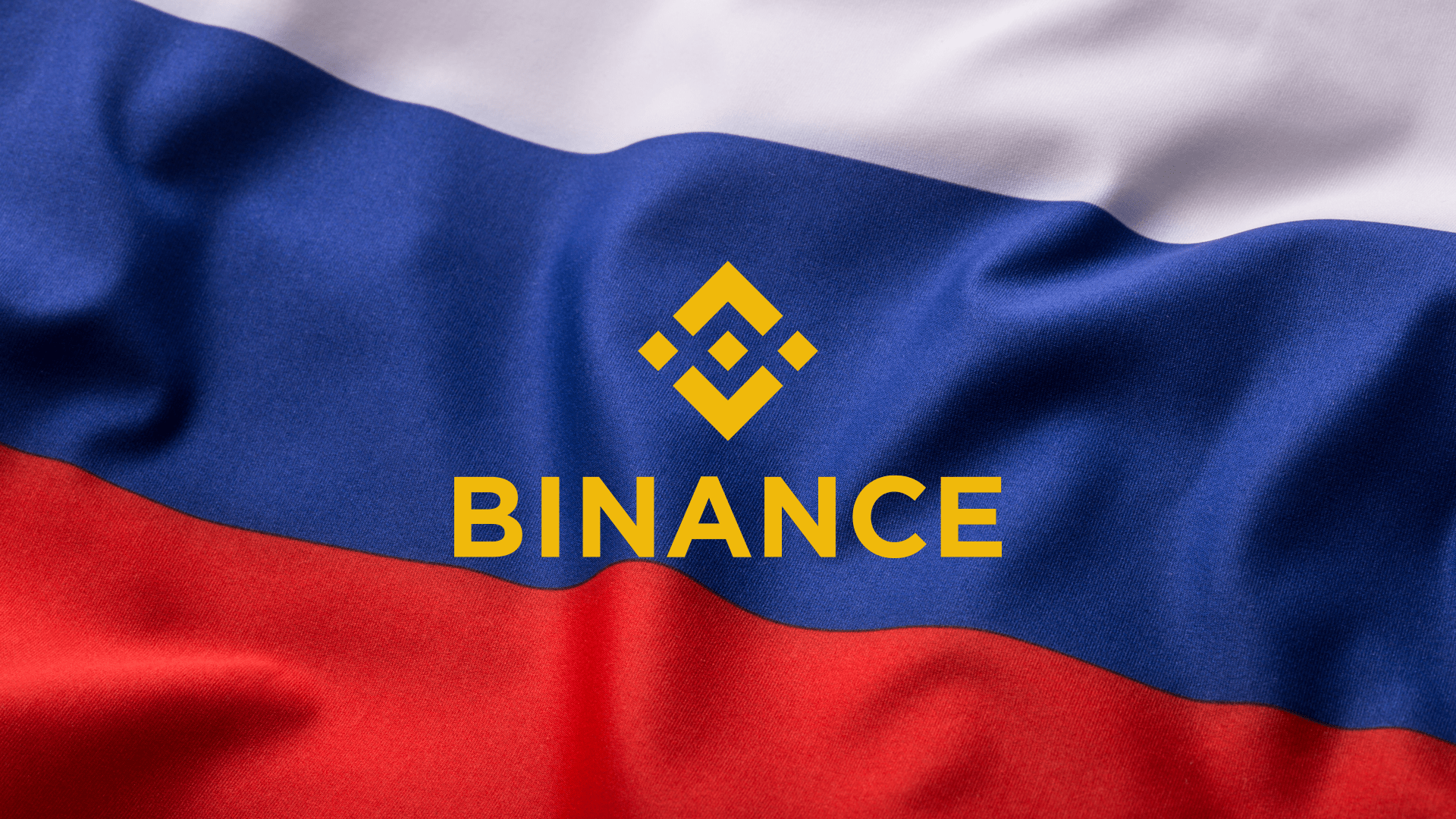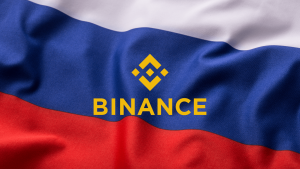Join Our Telegram channel to stay up to date on breaking news coverage
Binance denied a Wall Street Journal report that it’s helping Russians transfer money abroad in breach of Western sanctions after the invasion of Ukraine last year.
The transactions were made in collaboration with at least five lenders, including Tinkoff Bank and Rosbank, via a peer-to-peer program that has been known to aid users in bypassing sanctions before, the story said.
“Via layers of intermediaries, clients can turn funds at sanctioned banks into balances at Binance,” the WSJ story said. “Binance also enables peer-to-peer trades of rubles for digital tokens that frequently involve banks that are on Western blacklists, company websites, user screenshots and messages in official chat groups show.”
Binance is helping Russians move money abroad, potentially adding to its sprawling legal problems in the U.S. https://t.co/ImxnkAKbp5
— The Wall Street Journal (@WSJ) August 22, 2023
But a spokesman for Binance, the world’s biggest crypto exchange, denied the report, telling Fortune that the exchange has “no relationship with any banks whatsoever, in Russia or elsewhere, in relation to our P2P program.”
“Binance follows the global sanctions rules and enforces sanctions on people, organizations, entities, and countries that have been blacklisted by the international community, denying such actors access to the Binance platform,” the spokesperson said.
Russians conducted peer-to-peer transactions worth about $428 million every month between October and March, the Journal reported.
Aside from transferring funds, the WSJ also said Russians are able to swap their fiat funds for digital currencies, especially dollar-pegged stablecoins like USDT. Stablecoins also can be exchanged for rubles at foreign brokerages or added to other cryptocurrency wallets to be used as payment, it added.
Binance Already Faces Legal Challenges in US
A recent analysis of Binance’s peer-to-peer service website indicated that Russian customers can process payments through sanctioned lenders.
It showed that several hundred traders were offering to buy or sell rubles for tether, in potential deals together worth the equivalent of almost $1 million on a single day in late July, via Rosbank alone.
By aiding Russians, Binance has gotten itself into more legal issues with the US which has already been fighting the exchange for other crimes in court for a while now. According to Michael Parker, a former prosecutor for the Justice Department, a company could be exposed to U.S. sanctions without having a formal link with a designated Russian bank.
The exchange and its CEO are currently facing a lawsuit filed by the Commodities and Futures Trading Commission in March. The lawsuit made several allegations, including that Binance intentionally assisted U.S. customers in getting around restrictions on cryptocurrency trading put in place by Binance’s American affiliate.
$BNB is tanking to a one-year low as the US DoJ starts poking around Binance. Rumors about breaking Russia sanctions seem to be dragging it down.
Despite challenges, #Binance is transparent and cooperating with regulators. Hoping they navigate through successfully.🙏#BNB— The_cryptastic (@Cryptastic_guy) August 23, 2023
The allegations are hurting the exchange and its native token BNB, which has fallen to its lowest level in more than a year. The token reached its lowest since June 2022 on Tuesday, trading at $204. While it’s pared some losses, it’s still 14% lower than last week.
Related Articles:
- While Leading Meme Coins See Declines, Sonik Coin Surpasses $300k in Presale with Under 14 Days Remaining
- Nomura, CoinShares, and Ledger JV Wins Dubai Operating License
- Unknown Crypto Wallet 3rd-Largest Bitcoin Holder with Over $3 Billion in Holdings
Best Wallet - Diversify Your Crypto Portfolio
- Easy to Use, Feature-Driven Crypto Wallet
- Get Early Access to Upcoming Token ICOs
- Multi-Chain, Multi-Wallet, Non-Custodial
- Now On App Store, Google Play
- Stake To Earn Native Token $BEST
- 250,000+ Monthly Active Users
Join Our Telegram channel to stay up to date on breaking news coverage


